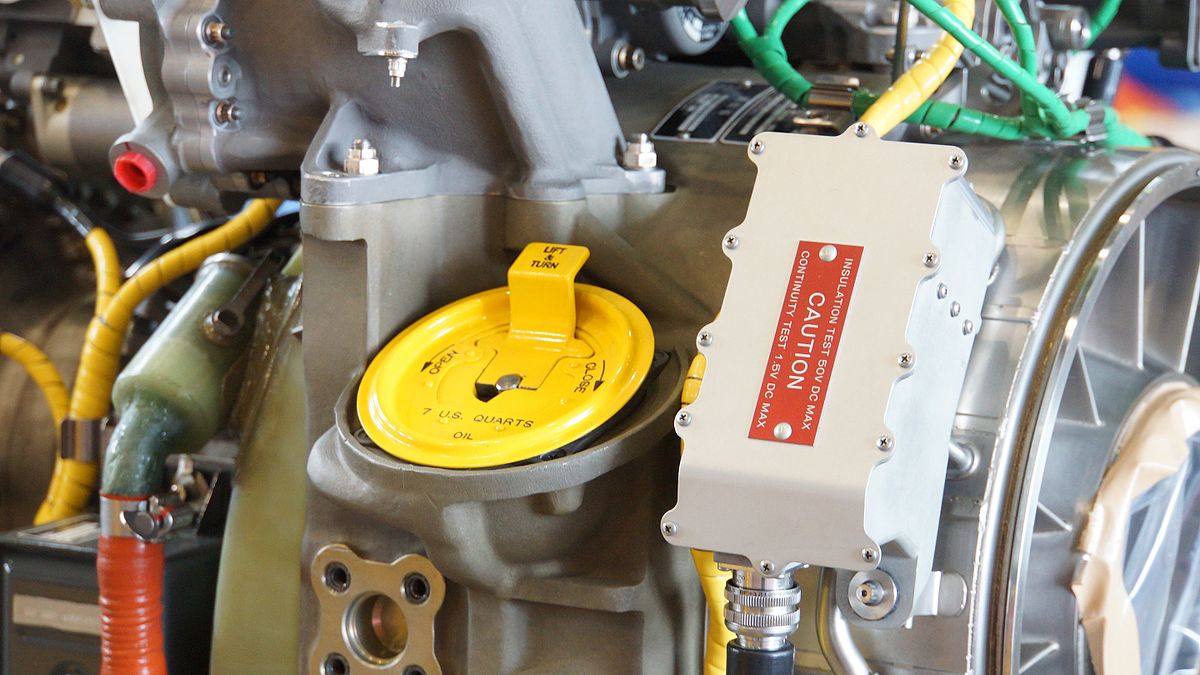The synthetic oil is a manmade lubricant that includes chemical substances created synthetically. The aforementioned chemicals are created by disassembling and then reassembling petroleum molecules. Although its foundation is often distilled crude oil, it is mostly created from components that have been chemically changed.
A lot of contemporary vehicles, particularly the newest ones, use either wholly synthetic or synthetic mix oils. Additionally, a lot of auto owners are replacing the regular oil in their cars with synthetic oil. Synthetic oil does have certain drawbacks, however. Its drawbacks include being more costly than regular oil, limiting the amount of time new auto components may be broken in, and not working with older car models or cars with rotary engines.
Is Synthetic Oil Better? Synthetic Oil Drawbacks
Lubricant & Oil Distributors – Sinopec told us before we draw any conclusions on whether synthetic oil is superior or if its drawbacks outweigh its advantages, let’s first define synthetic oil. Let’s examine its construction and operation.As was already said, synthetic oil is a lubricant derived from chemical ingredients that are synthesized chemically. Good synthetic oils are often created by mixing up to three different synthetic base fluids. Alkylated aromatics, synthetic esters, and polyalphaolefins (PAO) are often included.
Regardless of their chemical compositions, the synthetic oils may be compared if you look at them closely. The chemical shapes and mass of the synthetic oil’s molecules are very similar and reasonably constant. On the other hand, conventional oil has molecular structures that fluctuate in size and form when examined under a microscope. The homogeneity of the molecules in synthetic oil is advantageous since it enables them to collide with less friction. As a result, less heat will be produced.
Since synthetic oils are produced synthetically, the makers of synthetic oils have the ability to change and create designer molecules to create an oil with characteristics for a certain performance. Some producers combine detergents, antioxidants, friction modifiers, dispersants, and anti-wear additives with additives. Each synthetic maker has the ability to adjust the additive quantities to guarantee that the final product is precisely blended for a certain environment.
The synthetic oil currently offers a lot of benefits over regular oil since it contains chemical components that underwent a procedure to enhance its structure and function. But there are certain acknowledged drawbacks of synthetic oil that we shall examine later, just like any other modified and chemically created items.
Synthetic oil drawbacks: Is synthetic oil hazardous for your car?
Many people are wondering whether synthetic oil is dangerous for their vehicles since there have been some documented drawbacks. The synthetic oil is still not flawless even though it through a lot of processes to become what it is. The drawbacks of synthetic oil are listed below.
It costs more money.
One of the drawbacks of synthetic oil is that it costs more than normal oil. Given that the oil is of good grade, it is obviously obvious that it will cost more. Additionally, you should consider its high manufacturing cost.
The cost of the synthetic oil may be a drawback, but if you do the math, it can end up being beneficial. Although traditional oil may be less expensive than synthetic oil, it often only lasts for up to 3,000 miles or less. You will have to get it replaced and purchase a brand-new one from scratch. You will probably be there as well, but it will be to replace the conventional oil in your car for the second time. Synthetic oil users will likely be there for their first interval change. If you look at it that way, utilizing the more costly complete synthetic oil may allow you to save money.
You may pick the less expensive semi-synthetic oil if you truly don’t want to purchase the more expensive completely synthetic oil or use traditional oil either. You get some of the benefits of a fully synthetic oil without paying a lot of money since it is a blend of synthetic and traditional oil.
It restricts how quickly newer vehicles may break in.
For brand-new or more recent vehicles, neither the full synthetic oil nor the semi-synthetic oil is advised. This is due to the fact that contemporary vehicles need more friction to break in its moving components; typically, they require a lot of friction, which may be provided by utilizing petroleum-based oil.
Using synthetic or semi-synthetic oil in a new vehicle prevents it from breaking in properly, which reduces its efficiency. This effect is brought on by the synthetic oil’s friction resistance. When you use this kind of oil, the friction between the moving elements of the car will be nil or almost zero. It is advised against using synthetic oil in your brand-new vehicle right away since you will hinder its ability to break in and it won’t be able to function as it should.Naturally, you must first read your owner’s handbook to see what sort of oil is recommended for it.
Older car models may suffer damage.
Synthetic oil is not compatible with older vehicles, such as those made in 1990 and before. This is so that the synthetic oil can remove the sludge, while older cars often employ deposits to seal the oil system. When used in older vehicles, the synthetic oil could cause an oil leak that might harm the engine even if it is just doing what it should be doing, which is clearing away the deposits.
With rotary engines, it performs poorly.
The inability of synthetic oil to function well with rotary engines is one of its drawbacks. It is not advised by the auto specialists. The rotary engines’ infrequent injections of motor oil into the combustion chamber are the cause of this. The apex seals are lubricated in this manner. Burned synthetic oil may now leave behind gooey deposits on the apex seals in question.
Final words
Now you are aware about the drawbacks of synthetic oil. Make sure that you keep these drawbacks in mind and use the most appropriate engine oil for your vehicle.




















